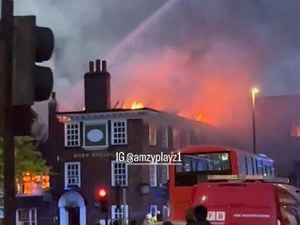Public share their knowledge of hundreds of little-known memorials
Historic England’s Immortalised project is looking at who is remembered and how – and who is missing and why.
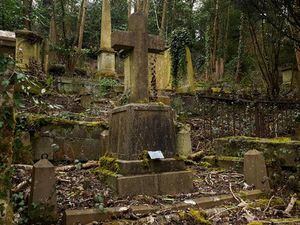
A pub mural to a local rebel and a garden shrine to paupers and prostitutes are among sites nominated by the public in a search for England’s little known memorials.
Historic England asked members of the public to share knowledge of England’s forgotten, secret or little-known memorials, from murals and shrines to statues and inscriptions on benches and trees.
The hunt for information about local monuments, street shrines and community tributes is part of a project, called Immortalised, by the heritage body, looking at who is remembered and how – and who is missing and why.
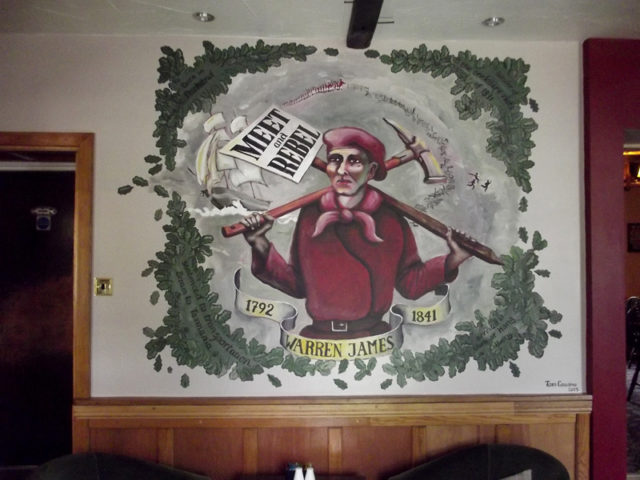
Some of those nominated by the public have been given listed protection, including the gravestone of a woman who founded a “ragged school” in Bristol and a peace memorial commissioned by a woman to mark the end of the First World War and the safe return of those who survived.
Overall, hundreds of locally well-loved statues and other memorials were nominated across England, charting local histories and showing the diversity of the way people and events are commemorated.
Nominations include statues of Dolly Peel, in South Shields, a fishwife, smuggler and protector of local sailors, the Jarrow crusaders in County Durham, and two women “cracker packers” on a bronze Carr’s Table Water Biscuit to commemorate the female workforce at the Carlisle factory.
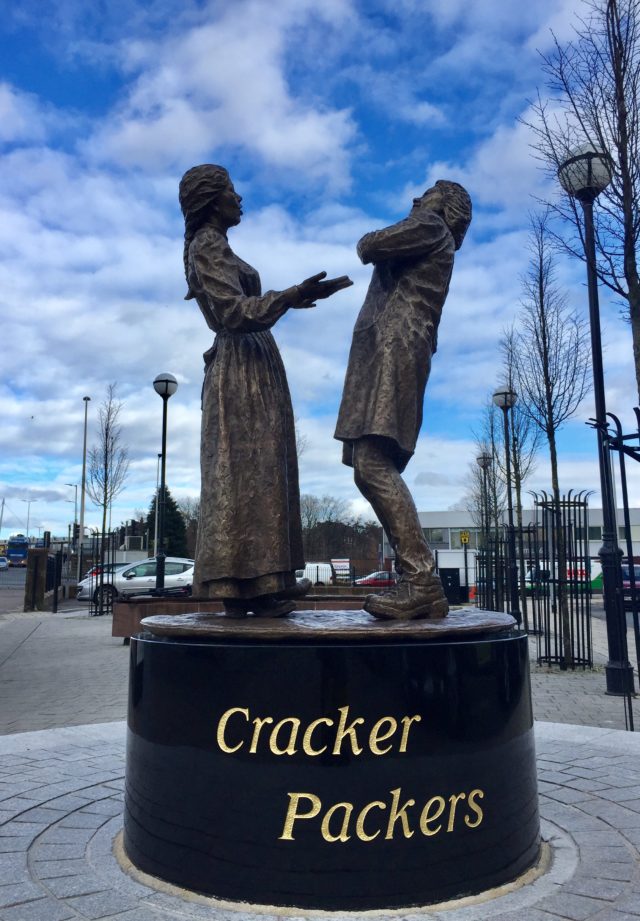
People also put forward etched bricks on the walls of the former male courtyard at the Watford Workhouse marking some of the inmates who died there and a plaque commemorating the “Xylophone Man”, Frank Robinson, who for years played the xylophone in Nottingham city centre.
In Parkend, Gloucestershire, a pub mural remembers Warren James who led a rebellion against the Crown after large areas of the Forest of Dean were enclosed.
And in Southwark, Crossbones Graveyard is a wild garden shrine to the “outcast dead” such as paupers and prostitutes thought to be buried there.
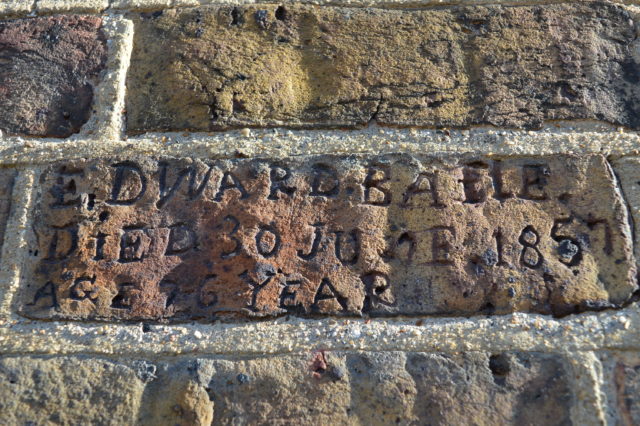
Duncan Wilson, chief executive of Historic England, said: “We are very grateful that so many people took the time to tell us about memorials in their communities and the stories behind them.
“At a time when our national statues and memorials are under increasing scrutiny, we’re delighted to shine a light on these often undiscovered and under-appreciated markers of our past.
“Every one of those that’s been nominated has a local champion and someone who cares about it and about the story it tells.
“It’s important for us all to know who has been commemorated in our public spaces and what this can tell us about our history, as we look at how public memorials are evolving today.”
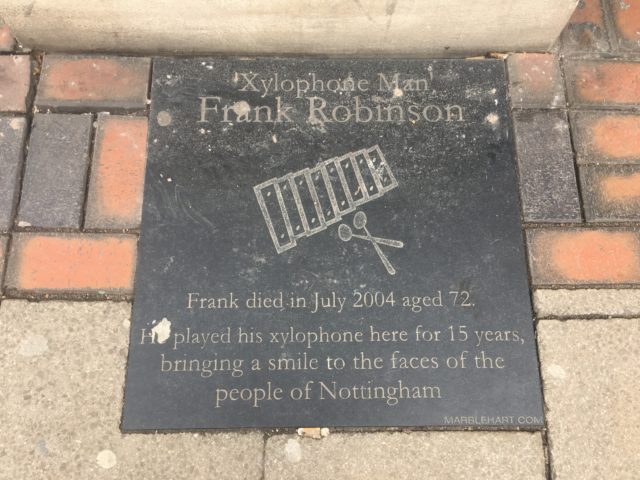
The memorials receiving new or upgraded listed status are:
– Preston Abstinence Memorial, Lancashire, Grade II, in Preston Cemetery, erected in 1859, to commemorate the success of the Teetotal Movement.
– Memorial to Heroic Self Sacrifice in Postman’s Park, City of London, upgraded to Grade II*: a memorial to ordinary people who died while saving the lives of others.
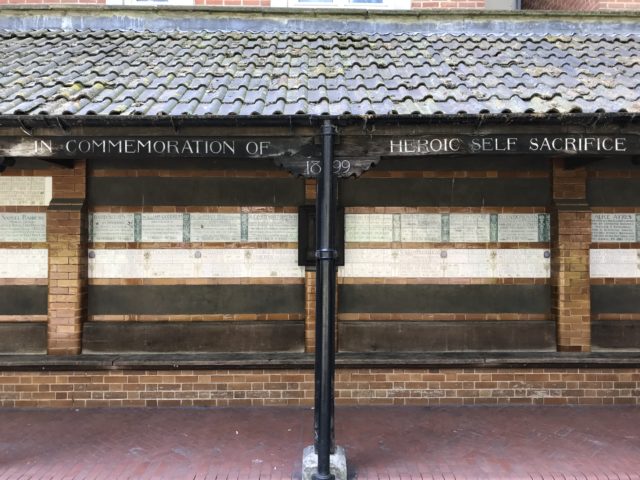
– Gravestone of Mary Carpenter, Bristol, Grade II, commemorating the campaigner for women and the anti-slavery movement and who founded a ragged school, bringing education to poor children and young offenders.
– A tombstone, Grade II, to Sarah Smith who was murdered in 1763, aged 21 in Staffordshire
– A Peace Memorial in Witney, Oxfordshire, Grade II, commissioned by a woman to commemorate peace at the end of the First World War and the safe return of all those who survived the conflict, including her two sons.
– The Czech Memorial Fountain, unveiled in 1968 in Leamington Spa, Grade II, to honour those who served in the Czech Free Army which was based in the town.
– Charlotte Dymond Memorial, Grade II, on Bodmin Moor.



